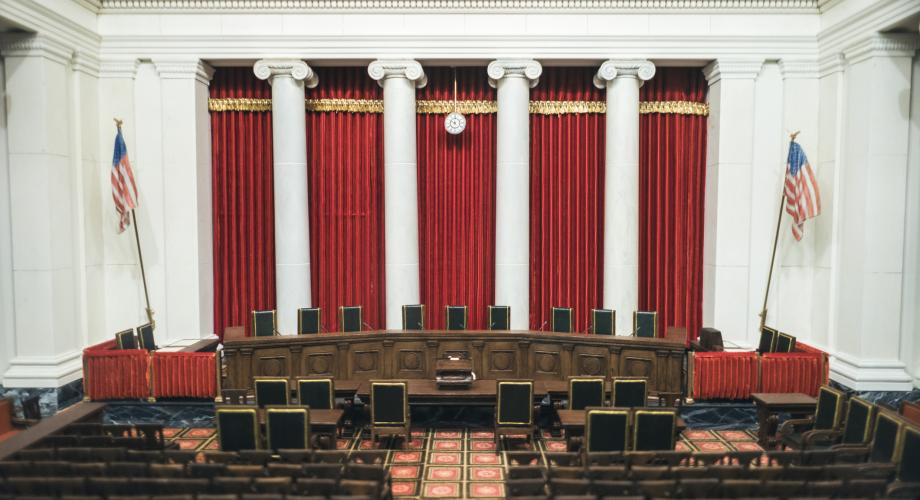SCOTUS Declines to Hear New York Rent Control Case

With this decision, the prior Court of Appeals ruling stands.
Update (10/10/2023): 74 Pinehurst LLC v. State of New York was again redistributed for conference and will be reviewed on October 13, 2023. The National Apartment Association (NAA) will continue to track the outcome of 74 Pinehurst LLC.
Initial Article (10/02/2023): On October 2, 2023, the Supreme Court of the United States (SCOTUS) denied certiorari (denied review) in Community Housing Improvement Program v. City of New York, New York (CHIP v. NYC). 74 Pinehurst LLC v. State of New York was redistributed for conference and will be reviewed again on October 6, 2023. The National Apartment Association (NAA) will continue to track the outcome of 74 Pinehurst LLC.
The Court’s decision not to hear CHIP v. NYC is devastating to an industry plagued by years of ineffective rent control policies that only exacerbate housing affordability challenges.
SCOTUS’ decision also means that the ruling of the Court of Appeals for the Second Circuit stands. Earlier this year, in CHIP v. NYC, the Second Circuit affirmed the district court’s ruling that the owners (Plaintiffs-Appellants) failed to state claims for violations of the Takings Clause. The Second Circuit reasoned that “no provision of the New York City Rent Stabilization Law (RSL) effected, facially, a physical occupation of landlords’ properties in violation of the Takings Clause because the landlords voluntarily invited third parties to use their properties.” The Second Circuit also reasoned that the “RSL did not effect a regulatory taking because the landlords did not plausibly allege that every owner of a rent-stabilized property suffered an adverse economic impact.”
However, rent control distorts the housing market by acting as a deterrent and disincentive to developing rental housing, often expediting the deterioration of existing housing stock. While done under the guise of preserving affordable housing, rent control policies hurt the very community they purport to help by limiting accessibility and affordability.
NAA will continue to advocate on behalf of its members and encourage policymakers to implement effective policy solutions to help resolve the nation’s housing affordability issues.
